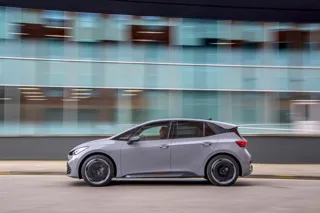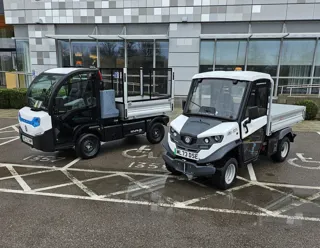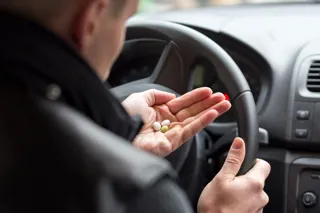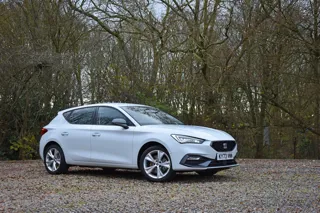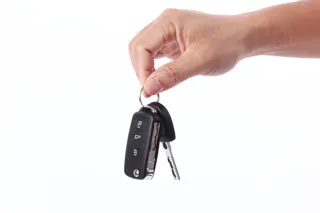Fleet News Top 10: 2024’s best plug-in hybrid company cars
We've selected 10 plug-in hybrid cars, using data from the Fleet News Car Running Costs Tool, that are cost effective for both businesses and drivers.
electric and hybrid vehicles
16 Apr
Features and analysis

Mercedes-Benz Vans targets ‘natural growth’ and ‘long-term partnerships’
Mercedes-Benz Vans UK sales dipped last year but head of fleet Calum James is bullish about 2024 with the launch of more electric models.
Electric Fleet
Events
Car, van and truck reviews
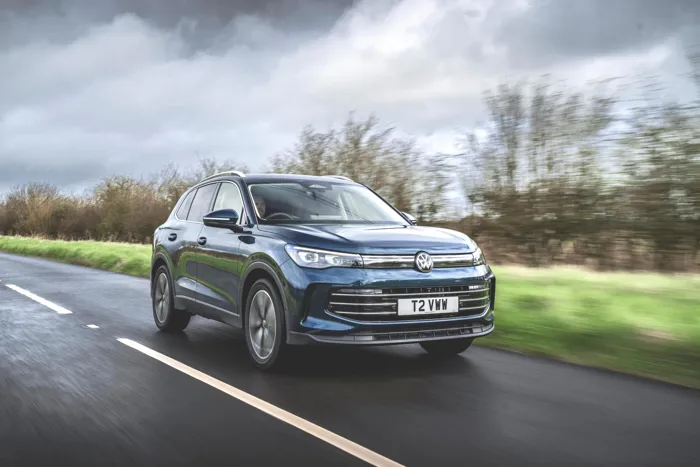
Volkswagen Tiguan first drive | Straight to the top of its class
Volkswagen has delivered an excellent all-rounder with the new third-generation Tiguan.
car reviews
16 Apr





